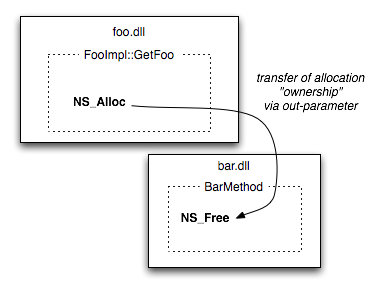A Parent’s Most Important Job
Wednesday, October 1st, 2008I remember clearly the when I first read The Tipping Point. The book was a good read and thought-provoking, but I remember the book most clearly because of a small section near the end:
This [study] is, if you think about it, a rather extraordinary finding. Most of us believe that we are like our parents because of some combination of genes and, more important, of nurture — that parents, to a large extent, raise us in their own image. But if that is the case, if nurture matters so much, then why did the adopted kids not resemble their adoptive parents at all? The Colorado study isn’t saying that genes explain everything and that environment doesn’t matter. On the contrary, all of the results strongly suggest that our environment plays as big — if not bigger — a role as heredity in shaping personality and intelligence. What it is saying is that whatever that environmental influence is, it doesn’t have a lot to do with parents. It’s something else, and what Judith Harris argues is that that something else is the influence of peers.
Why, Harris asks, do the children of recent immigrants almost never retain the accent of their parents? How is it the children of deaf parents manage to learn how to speak as well and as quickly as children whose parents speak to them from the day they were born? The answer has always been that language is a skill acquired laterally — that what children pick up from other children is as, or more, important in the acquisition of language as what they pick up at home. What Harris argues is that this is also true more generally, that the environmental influence that helps children become who they are ‒that shapes their character and personality — is their peer group.
Expressed this way, I think it’s easy to come to the wrong conclusion: that parents have little influence over their children. A more useful inference would be:
A parent’s most important duty is to find the best possible peers for their children.


 .
.
